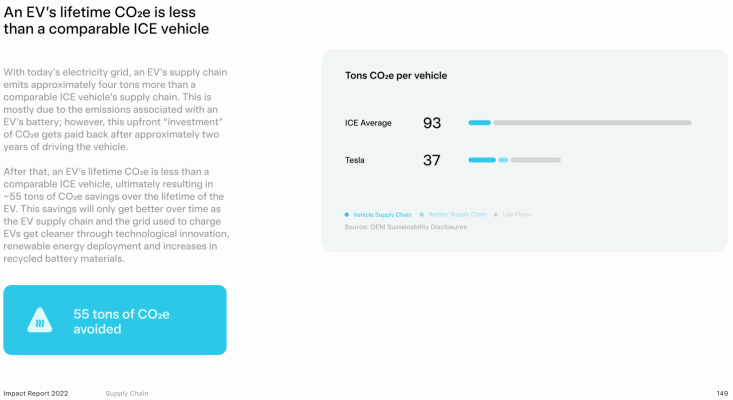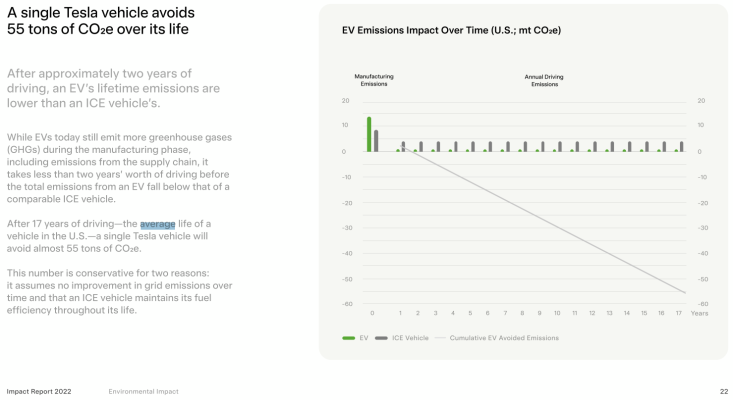JoeWras
Give me a museum and I'll fill it. (Picasso) Give me a forum ...
- Joined
- Sep 18, 2012
- Messages
- 11,829
Maybe I worry too much, but I feel that we have to take my step dads gas Nissan Centre out for a spin every 2-3 weeks now that he does not drive. Circulate the oil, charge up the 12 volt battery, make sure the brake calipers don't freeze up or the tires go square.
I would worry about the tires and the brake calipers even with my Tesla. I saw one video saying that due to lack of use caused by regen braking Tesla calipers should be lubricated every year or so, especially in harsh conditions.
Any car should be exercised. Stuff to consider:
- Roll the tires
- Scare away the rodents trying to set up shop
- Bump and press the rubber bushings
- Get the AC moving to exercise seals, compressors, fluids
- Break the rubber door seals
And so on.



